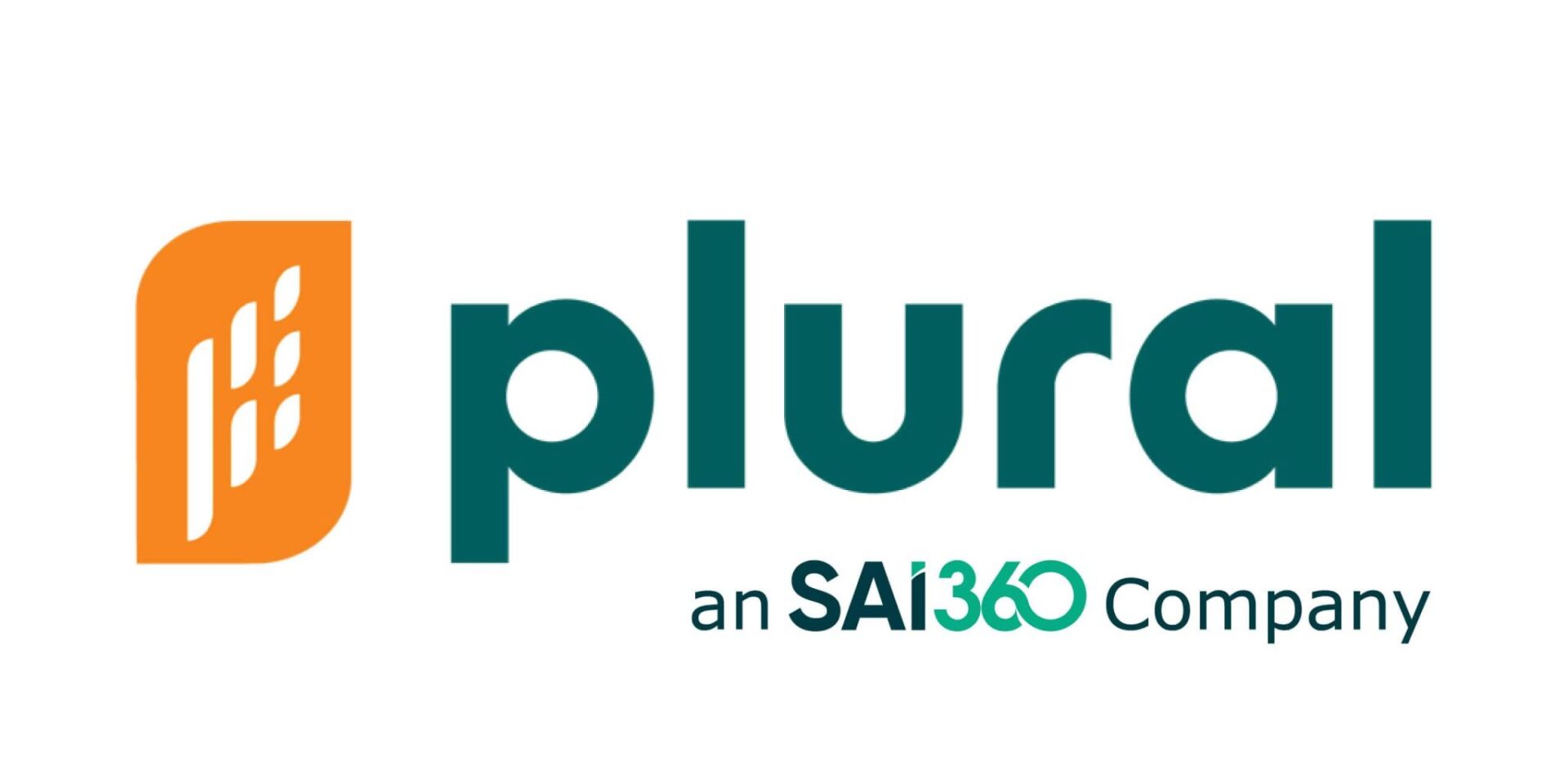Between school curricula, book bans, teacher pay, and the cost of college, education is proving to be a hot topic in the 2024 elections.
Education issues always impact local, state, federal, and presidential elections. In the past several years, they have intersected with social issues that draw more attention from the public. Recent state policies on these hot-button topics, like book bans and LGBTQIA+ issues, have put a spotlight on the impact of education policy. Read on to learn more about what’s happening with education and the 2024 elections in the United States.
Democratic vs. Republican Stances on Education
Americans’ views on education are increasingly divided based on their political affiliation. Democrats tend to hold a positive view of public schools. Democratic candidates often advocate for more funding for public K-12 and higher education. While the federal government does not have the power to control schools directly, it can tie these funds to certain requirements.
On the other hand, Republicans are generally distrustful of public schools and the U.S. Department of Education. Candidates often push for more state and local control – and even parental control – of education issues. They may argue for less federal taxation for funding for public schools. They may also support school voucher programs, which use taxpayer funds to help parents send their children to private or religious schools.
Key Education Policy Issues
Today’s key education policy issues cover a wide range of topics, from universal preschool to student loan forgiveness. In the past several years, discussions of education-related issues also bring up topics of gender identity, sexual orientation, racism, and other “culture war” issues. Here are just a few of these key topics in education.
Early Childhood Learning
President Biden and Vice President Harris have advocated for universal pre-k, making preschool free for all four-year-olds. Harris, the presumptive Democratic nominee after Biden stepped out of the race, has pushed for more funding for Head Start and Early Head Start programs. These programs provide free school readiness services to young children of low-income families.
Former President Trump has not focused much on early childhood learning. Rather, he has advocated for reduced federal funding for and control of education.
K-12 Federal Funding and Oversight
Trump has proposed getting rid of the U.S. Department of Education, but he did not do so while in office. He did shift some control and oversight to state and local governments, saying they should be the ones to handle education.
The Biden-Harris administration has supported increasing both federal funding and oversight for K-12 education. Biden has especially focused on addressing learning loss and achievement gaps in the wake of the COVID-19 pandemic.
Biden and Harris have both advocated for increasing Title I funding, which supports schools with a large population of low-income students. In the past, Trump has proposed cutting those funds.
School Choice
Trump has been a strong advocate of school choice. His Tax Cuts and Jobs Act expanded 529 college savings plans, allowing up to $10,000 per year to be used for K-12 private schools. He has proposed further expanding it to allow the tax-advantaged accounts to be used for homeschooling. Trump also supports school voucher programs, which would divert tax money from public schools for parents to use to enroll their children in private or religious schools.
The Biden-Harris administration has preferred to fund and support public schools. It opposes Trump’s voucher proposals. Biden tightened regulations on the federal Charter School Program, which awards grants to schools that are publicly funded but privately operated. The new rules added transparency and accountability requirements. They also made it harder for schools managed by for-profit companies to get funding.
School Curricula
Many states have adopted laws or policies that either expand or restrict teaching certain topics involving history, race, sex, and gender. Democrat-controlled states have enacted policies that require more teaching about the history of minority groups, racial issues, and LGBTQ+ issues. Republican-controlled states have enacted policies that restrict some types of education about race and sex.
This controversy has created a divide among “red states” and “blue states.” This divide often plays out in national politics. Curriculum content is the education topic Trump seems to talk about most. While in office, Trump established the 1776 Commission to support “patriotic education” and curricula. This was in response to the New York Times’s 1619 Project, which reframed American history by centering the consequences of slavery and the contributions of Black Americans. Biden dissolved the 1776 Commission shortly after taking office.
Content censorship has expanded beyond classroom teaching and also impacts school library content. Conservative groups have fought to ban books from school libraries that contain certain content, especially LGBTQ+ topics. Trump has generally supported these efforts, while Harris has condemned book bans.
In 2023, Florida passed HB 1467 requiring elementary schools to publish lists of books in their school libraries and report any complaints to the state. After the state was inundated with complaints, this year’s HB 1285 limits the number of complaints reported by people who don’t have children at the school in question.
In response to this trend, legislators in Maryland (HB 785), Minnesota (SF 3567), and Illinois (HB 2789) all passed laws this year restricting banning books from public libraries, including the ones in schools.
Pay for Teachers
Biden and Harris have both advocated for increasing teacher pay. During Harris’ first presidential campaign, she released a plan to give teachers a salary increase of $13,500 each.
Trump wants to give states and school systems an incentive to pay their teachers based on merit. He opposes teacher tenure for grades K-12.
LGBTQ+ Students
The Biden-Harris administration has issued regulations that broaden the scope of Title IX. The law bans discrimination in schools based on sex, and the new rules expand it to include sexual orientation and gender identity.
The expansion took effect in 24 states this August, but it now faces legal challenges in the rest of the country. The administration says the rule does not apply to athletics. Still, Republicans have argued that it would require schools to allow the participation of transgender students in girls’ and women’s sports. Trump has promised to roll back the new changes.
Eight states have passed laws requiring teachers to inform students’ parents of any change in their preferred pronouns or gender identity, even without the student’s consent. These include Tennessee SB 1810 and South Carolina HB 4624. California, however, did the opposite. AB 1955, also known as the Support Academic Futures and Educators for Today’s Youth (SAFETY) Act, bans school systems from enacting such policies.
Student Loans & College Affordability
One of the top education priorities for Biden is college affordability and student loan forgiveness. He attempted to cancel some or all debt for 43 million people, but the Supreme Court ruled he did not have the legal authority to do so. Biden’s plan offered one-time debt forgiveness of up to $20,000 in federal student loans per borrower. In April 2024, the Biden-Harris administration used a different process to propose another plan offering relief to 25 million people, on top of nearly 4.8 million who have already had their debts canceled.
Trump paused student loan payments during the COVID-19 pandemic but hopes to reverse Biden’s student loan forgiveness programs if reelected. While in office, Trump favored vocational education and workforce development. He pushed for a large increase in funding for career and technical education.
Biden has also proposed a plan for two years of free community college through a federal-state partnership. Trump has offered his own free college idea — an online school called the “American Academy” funded by “taxing, fining, and suing” private university endowments. He said the curriculum would be free of “wokeness” and “jihadism,” and students would have the opportunity to attend free of charge.
How Is Education Impacting the 2024 Elections?
The impact of education on the 2024 elections may vary depending on the issue and who it affects. Parents with school-aged children will be watching the policies that directly impact their families. Young adults, who have historically had lower turnout, are more likely to be worried about the cost of tuition and/or vocational programs.
In particular, student loans are a key concern for many Americans. Approximately 30% of American adults have at least some student loan debt, and nearly one in five adults say student loan debt will have a major influence over their vote in the presidential election.
Curriculum content and social issues may play more of a role in state-level races than in the presidential election. As states continue to pass new laws affecting local school systems, this could drive more people to the polls to vote for state and local candidates who agree with their views on either side.
Get Started With Plural
Top public policy teams across the United States trust Plural to monitor education policy issues. Plural users:
- Access superior public policy data
- Be the first to know about new bills and changes in bill status
- Streamline your day with seamless organization features
- Harness the power of time-saving AI tools to gain insights into individual bills and the entire legislative landscape
- Keep everyone on the same page with internal collaboration and external reporting all in one place
Create a free account or book a demo today!




